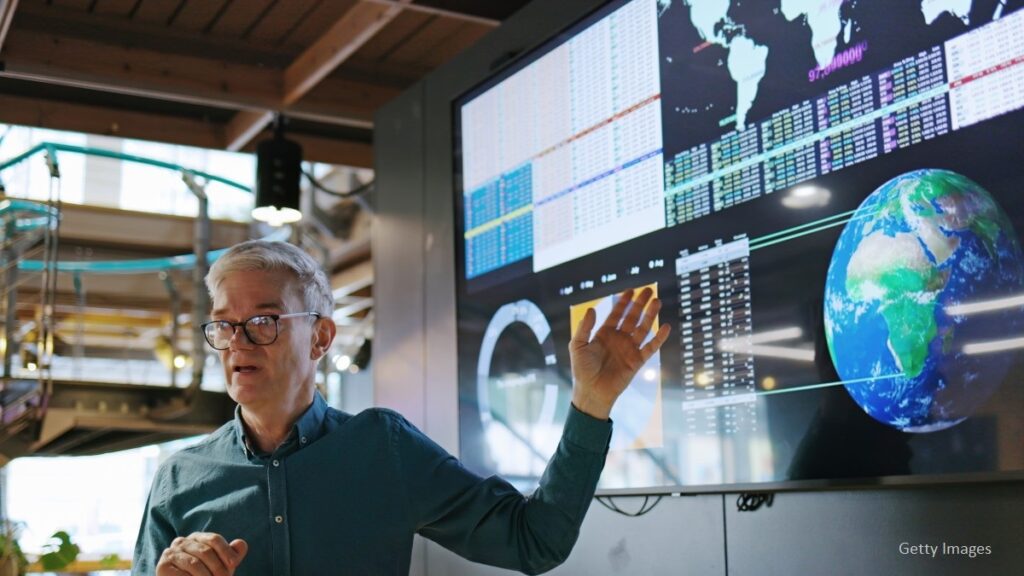
The report highlights that the UK must urgently overhaul its outdated trade approach, which is wedded to full-scale free-trade agreements, despite rising geopolitical tensions, stalled global liberalisation, and the emergence of a revolution in digital services.
The joint consultation response recommends five interconnected practical digital reforms
- E-invoicing
- Improved Small and Medium-sized Enterprise (SME) access to trade finance
- Use of digital trade documents
- Fraud reduction
- Digital identities (an online representation of a person, organisation, or even a device, using unique identifiers to verify and authenticate them online).
These five areas would transform the UK’s trade ecosystem, close a £22 billion SME finance gap, and position the UK as a global digital trade leader.
Professor Glenn Parry, Professor of Digital Transformation at the University of Surrey, said:
“Our research recommends that Britain moves towards smarter, technology-driven UK borders.
“Trade is no longer a rising tide lifting all boats – it’s a choppy sea of tariffs, tech wars and strategic blocs.
Mike Brookbanks, Visiting Fellow at the University of Surrey, said:
“The UK must stop chasing nostalgic visions of trade and start playing to its real strengths – digital services, smart agreements, and modern infrastructure that helps British businesses cut through red tape.”
“Government resources must focus on co-creating digital border services, facilitating digital platforms, and creating a governance framework to orchestrate the ecosystem of organisations involved.”
Key proposals include:
- Designating a single entity to provide leadership and orchestration to address UKG and industry requirements
- Identifying the minimum viable data required for border trade from across all UK Government departments and border agencies.
- Developing a strategic vision for the evolution of UKG cross-border operations, integrating policy, process, and technology.
- Utilising a collaborative governance framework, building on the socio-technical aspects, to incentivise change across UKG and industry.
Crucially, the Surrey researchers emphasise that the UK must prioritise the development of more innovative infrastructure to minimise friction at UK trade borders.
Notes to editors
- Prof Glenn Parry and Mike Brookbanks are available for interview, please contact mediarelations@surrey.ac.uk to arrange.
- The ICC/IC4DTI full paper is available at https://openresearch.surrey.ac.uk/view/pdfCoverPage?instCode=44SUR_INST&filePid=13220111620002346&download=true
- The full paper is available here: https://institute.global/insights/economic-prosperity/making-trade-work…

